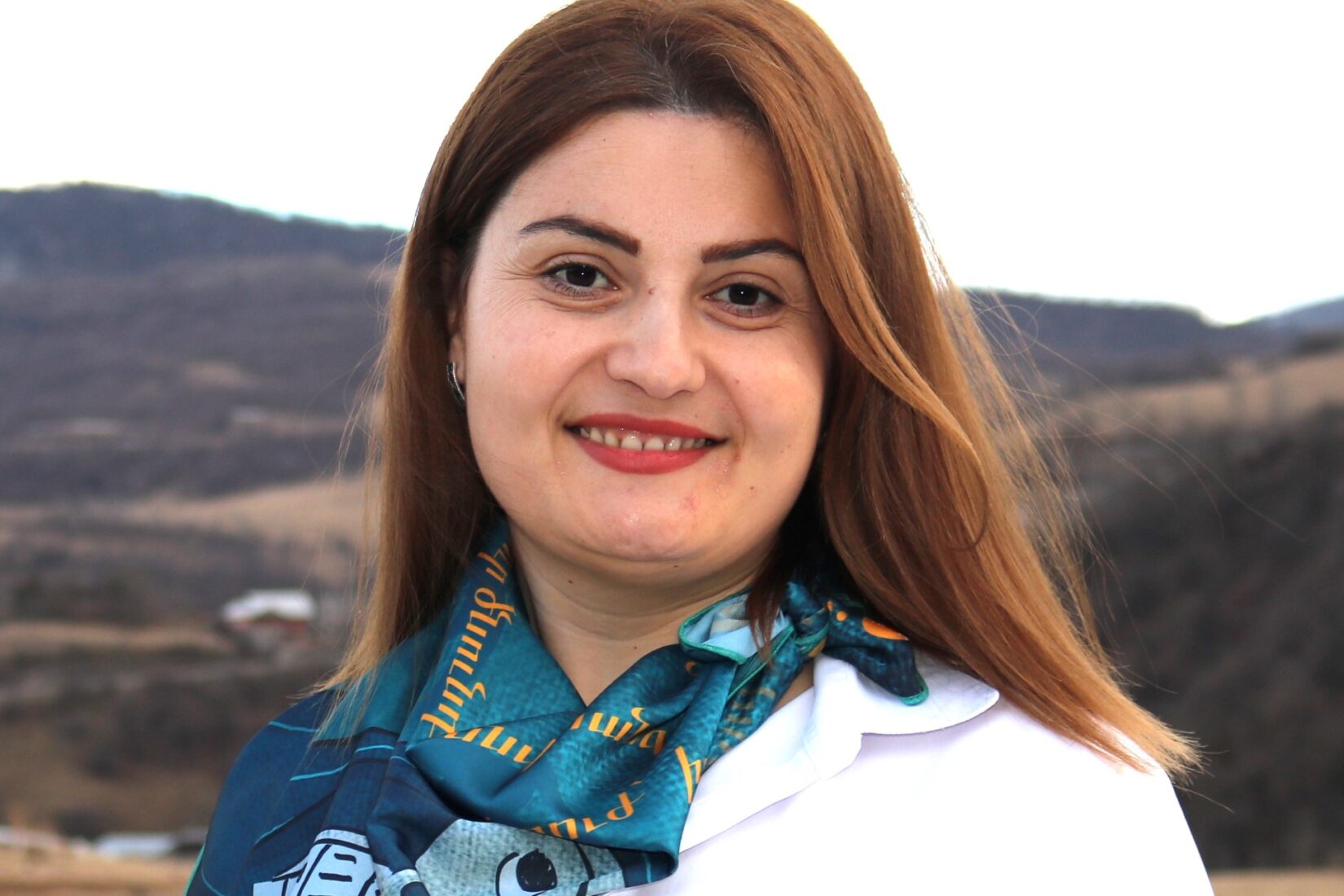Ester Grigoryan had previously visited Sweden as part of a study trip, where she became acquainted with Swedish civil society organisations and educational institutions. The experience introduced her to new ideas and approaches that deeply inspired her. It was an important reason for her applying to SAYP:
– When I saw the announcement about SAYP on the Swedish Institute website, two things motivated me to apply. First, the theme of the programme module— “Perspectives on Multi-level Governance Decentralization, and Human Rights”—was exactly aligned with my interests. Decentralization is a critical issue in Armenia, and with my background in social sciences, jurisprudence, and pedagogy, I saw it as essential to gain knowledge and updated approaches from the Swedish context. The age limit also played a role—since I had just turned 40, it was my final chance to apply. I’m grateful I didn’t miss it.
Esters academic background in Social Sciences, History, and Pedagogy was perfect for the programme. She also has professional experience in human rights work, gender equality, education, and rural development. With her experience she found all the topics of the programme very relevant, and the study visits complemented the theoretical sessions.
– One main takeaway from the course was the Human Rights-Based Approach (HRBA) and the concept of Human Rights Cities. These ideas resonated deeply with me and represent a promising development model for remote and underserved communities in Armenia.
Ester has been able to implement a lot of the ideas from the programme:
– Following the programme, we launched an initiative called “The Alphabet of Human Rights”, in cooperation with the Embassy of the Netherlands in Armenia. The project targets young people aged 14–16 across the country, reaching 100 participants annually. It follows a “Learn – Act – Change” methodology and is directly inspired by my learning experience in Lund through SAYP.
We are also exploring ways to deepen the Human Rights-Based Approach component in our educational content. To that end, we continue working with the Raoul Wallenberg Institute (RWI) Yerevan Office and are discussing a Training of Trainers (TOT) initiative—both for our project and a broader audience.
Esters commitment doesn´t stop there. She is actively sharing her knowledge with others whenever she can:
– Last month, I was invited to speak at “The Future Leaders Academy”, a project led by the International Human Rights Legal Center NGO, where I delivered a session titled “Decentralization and Human Rights: Swedish Perspectives and Armenian Realities.” I’m committed to continuing this knowledge exchange with colleagues and partners in the Armenian civil society.
One of the strengths of the module, says Ester, was the incredible group of participants. Non-formal education and lifelong learning are not only about gaining knowledge from lecturers, but also about exchanging experiences with peers.
– Our group was full of highly experienced and engaged professionals, each willing to share challenges and best practices from their home countries. We continue to collaborate with the Armenian participants and are currently discussing potential joint initiatives. I’m also confident that being part of this network will enable future partnerships across Georgia, Moldova, and Ukraine—we now know whom to contact and trust.
